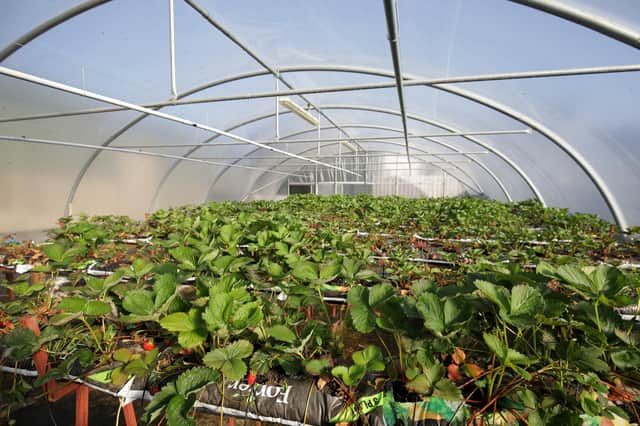UFU policy manager's blog: Attitudes need to change


The wettest July on record for parts of the United Kingdom (UK), risks colliding with rising prices of essential ingredients on global markets due to the ongoing conflict in Ukraine, and unpredictable weather affecting harvests from southern Europe to China.
The Bank of England has warned that UK households will be struggling with double-digit food inflation into next year as processors remain saddled with expensive energy contracts. Of course, we need diverse trading relationships in our food system, but as recent events have shown, if we don’t also have resilient domestic production, we will have food shortages.
Advertisement
Advertisement
It’s so frustrating to continually see people who should know better than implying that hugely complex issues can be reduced to simple solutions whilst alienating the very people they need to have on board to make things better. It’s all so unhelpfully divisive and simplistic.
We import 40% of our food, including 85% of our fruit - most from Europe. Climate extremes are already putting the global food system under strain. If they can’t grow it, we can’t buy it.
This isn’t about the shopper paying more. The shopper is paying more. The problem is that it isn’t coming back to the farm gate. Confidence levels are at an all-time low in the agriculture community currently. In fact, some farmers are disinvesting now as they’re simply not getting the returns from the market. What does that mean for the shopper? It means the country will become more reliant on imported products.
We hear what consumers want which is locally produced, high-quality food made to high animal welfare and environmental standards. Paying farmers below the cost of production for their produce today will mean that they will not be there tomorrow to deliver these legitimate consumer demands. Retailers need to change their attitudes and fast.
Advertisement
Advertisement
We need retailers to do more than pay lip service to ‘sustainability’ and to contribute to its costs, consumers to demand better, and government to put a genuine value on what they’re asking farmers to do - without also shafting us on trade.